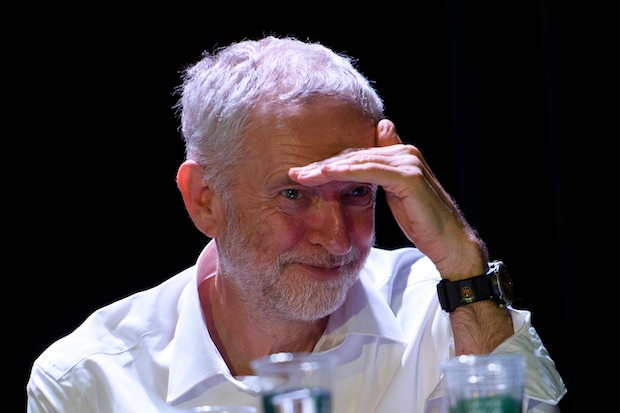The one thing quieter than the quiet Commons at the moment is the Labour leadership. Even when Jeremy Corbyn speaks in the Chamber, he makes so little impact that trees falling in empty forests have excited more attention. Last Monday during his response to David Cameron’s European Council statement, Labour backbenchers nattered amongst themselves in a manner more common in the tea room. Corbyn probably wasn’t offended: he almost seemed indifferent to his own statement too.
Time was when a poor performance from the leader was bad for morale amongst Opposition backbenchers. But these days, most Labour MPs would rather Corbyn did a bad job consistently, as it doesn’t give any of the delusional optimists in their party any opportunity to start wondering whether everything might work out without a coup. As I report in my Times column today, a growing number of backbenchers are starting to think that a coup is not just necessary, but urgent. They have broken the parliamentary party down into distinct groups – the signed-up Corbynistas, the nervous soft left, the organisational left, centrists, and moderates – and are trying to work their way around all of those groups, bar the signed-up Corbynistas, to persuade them that sitting on their hands is not a benign act so far as the Labour party is concerned.
There is also an operation underway from some frontbenchers to try to persuade MPs in their 30s and 40s not to give up. One says ‘I am seriously worried that MPs in the prime of their lives will look at what the future holds for their party and think that the misery of being an MP isn’t worth this and go off and get another job’. Others point out that standing down at the next election might be superseded by deselection, or at the very least MPs losing out to one another in the race for seats following the boundary changes. And even if those MPs are persuaded to sit tight, and succeed in their boundaries fight, they could lose their seats anyway in the ‘Corbyn surge’ in 2020, in which the Tories surge across Labour seats.
Other MPs recognise that they aren’t going to get the interesting frontbench government career that they thought they were entering politics for, and now see the years that they thought would be their political prime as being taken up with trying to save the party, rather than achieve things for the country. None of which is a very cheerful prospect, but there seems to have been a shift in the party since the new year, with MPs no longer sitting around looking miserable, and instead starting to plan for the future.







Comments